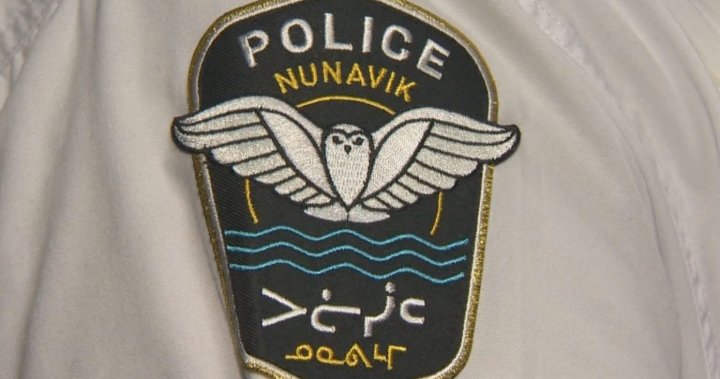On Tuesday night in Kangiqsualujjuaq, Nunavik, northern Quebec, the Bureau des enquêtes indépendantes (BEI), Quebec’s independent police watchdog, began investigating a fatal shooting involving an officer from the Nunavik Police Service during an attempted arrest. The details surrounding the incident and the identity of the deceased remain undisclosed as the investigation continues, with the BEI conducting an independent inquiry to uphold transparency and accountability in law enforcement actions resulting in serious injury or death.
Details of the Incident
The shooting occurred on Tuesday night in the remote northern village of Kangiqsualujjuaq, situated in the Nunavik region of Quebec. According to initial reports, members of the Nunavik Police Service were attempting to detain a suspect when the confrontation led to the use of lethal force. The circumstances that prompted the officer to discharge their weapon have not been publicly detailed by the authorities, and the identity of the individual fatally shot has not been released pending notification of next of kin and further investigation.
Role of the Bureau des enquêtes indépendantes (BEI)
The Bureau des enquêtes indépendantes has jurisdiction over incidents involving serious injury or death connected to police actions across Quebec. The agency operates independently of the police force under scrutiny to ensure impartiality in its assessments. Upon notification of the shooting, the BEI promptly assumed responsibility for the case, gathering evidence, interviewing witnesses, and reviewing any available video or forensic material. The BEI’s involvement is intended to promote transparency and maintain public trust in law enforcement by rigorously examining the use of lethal force by police officers.
Community Impact and Response
The incident has understandably caused concern within the Kangiqsualujjuaq community and the broader Nunavik region, a predominantly Inuit territory with limited policing resources. Local authorities and community leaders have called for a thorough and transparent investigation, emphasizing the importance of accountability. The Nunavik Police Service has issued a statement expressing condolences to the family of the deceased and reaffirming cooperation with the BEI’s inquiry. Meanwhile, regional government representatives have reiterated their commitment to supporting justice and upholding safety standards in the northern communities.
Next Steps in the Investigation
- The BEI is actively collecting all relevant testimonies and forensic evidence related to the shooting.
- Independent experts may be engaged to analyze ballistic and medical reports as part of the inquiry process.
- The investigation timeline remains unspecified, with updates to be provided as new information becomes available.
- Results from the BEI’s investigation will inform whether any criminal charges or disciplinary actions against involved officers are warranted.
Contextual Background
Northern Quebec communities such as those in Nunavik face unique challenges, including geographic isolation, limited police presence, and complex social dynamics. Incidents involving law enforcement in these regions attract significant attention due to the sensitive nature of policing in Indigenous territories and the ongoing discussions about police conduct and reform across Canada.
As the BEI continues its inquiry, observers and residents alike await a comprehensive report that clarifies the details of the incident and reinforces the principles of accountability and justice in police operations.
In conclusion, the investigation into the fatal shooting in Kangiqsualujjuaq remains ongoing under the independent supervision of the Bureau des enquêtes indépendantes. This inquiry is critical in ensuring accountability and transparency in police conduct, particularly within the unique context of Nunavik’s northern communities. As authorities gather evidence and consult experts, the outcomes of the investigation will play a significant role in addressing community concerns and shaping future law enforcement practices in the region. Continued updates will be essential as new information emerges to provide clarity and uphold public trust in the justice process.

